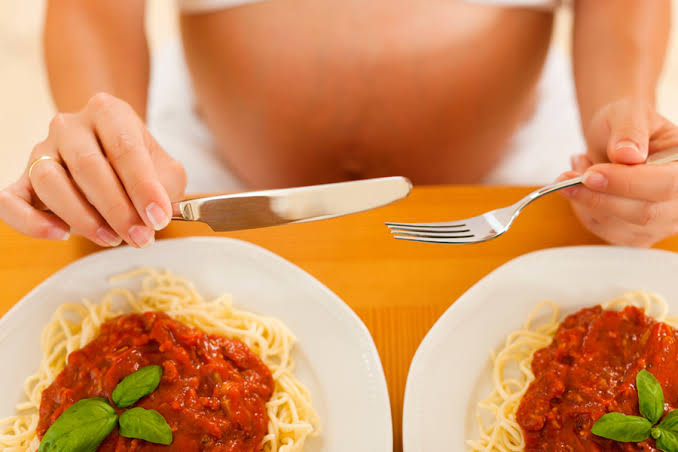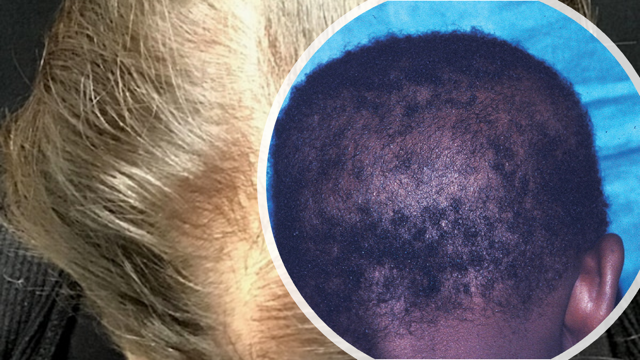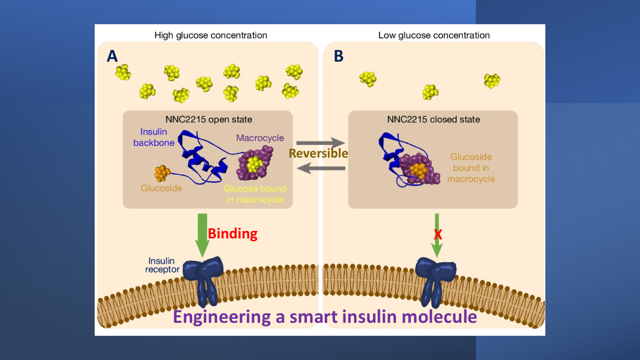No. It is a myth that a pregnant woman must “eat for two.” It doesn’t mean that you need to eat double your portion size. The saying ‘eating for two’ means that you need to increase the quality of your diet as opposed to the quantity. Although pregnancy increases the body’s need for calories and nutrition, the amounts of calories or specific nutrients you need are NOT doubled.
You only need extra 300 calories a day to support a pregnancy, which is equivalent to 1 Avocado or one slice of bread and one tablespoon of peanut butter.
An average human being’s food requirement for a day is 1,500 calories. So you see why it doesn’t mean ” eating for two.” Although the calories intake increases as the trimester increases i.e first trimester 1800 calories/day, second trimester 2200 calories/day and third trimester 2400 calories/day.
Join our WhatsApp ChannelOver-eating , Over-weight And Its Outcomes
Weight gain in pregnancy is normal; it’s expected for a pregnant mother to gain a pound (0.5kg) or half a pound a week and anything more than that is too much weight gain and it puts the mother at risk of being overweight. Risks includes;
. Gestational Diabetes
. Hypertension in pregnancy
. Large babies ( gives rise to C-section)
. Post partum weight gain: Weight gained during pregnancy may be difficult to lose predisposing mother to stroke, heart Attack or diabetes.
How Much Weight Should I Actually Gain While Pregnant?
For women who start out the pregnancy underweight (body mass index (BMI) of 18.5 or less), the recommended weight gain is 28 to 40 pounds.
For women who begin pregnancy at a healthy BMI (18.5 to 24.9), the recommended weight gain is 25 to 35 pounds.
For women, who begin pregnancy at an overweight BMI (25 to 29), the recommended weight gain is 15 to 25 pounds.
For women who begin the pregnancy at an obese BMI (>30), the recommended weight gain is 11 to 20 pounds.
Talk to your doctor to find out what your pre-pregnancy BMI is.
Dieting And Weight Loss During Pregnancy
Pregnancy is not a time to diet, but if a mother is eating healthy and eating the appropriate number of calories, then I don’t worry too much if they lose some weight. On the other hand, if patients are losing weight due to calorie restriction/ starvation or severe vomiting, this is a cause for concern. Severe weight loss during pregnancy can lead to:
. Low birth weight
. Premature delivery
. Later, developmental delays
. Learning disabilities
. Chronic health problems in your baby.
What to do…
This is a time to eat more foods that are nutrient-dense, and fewer sweets and treats. Eat a variety of foods. It’s not that different from a regular healthy eating plan, just amplified a bit.
1. Eat as you normally would in your first semester, then increase 350 calories daily in your second trimester and 450 calories daily in your third trimester as your baby grows.
2. Avoid overly processed junk foods. Chips and soda, for example, contain no nutritional value. You and your baby will benefit more from fresh fruits, vegetables, and lean proteins, such as chicken, fish, beans etc Protein is critical for ensuring the proper growth of baby’s organs.
3. Folate, Iron and vitamins: When you’re pregnant, the American College of Obstetrics and Gynecology (ACOG) recommends 600 to 800 mcg of folate. You can get folate from liver, nuts etc. Iron works with sodium, potassium, and water to increase blood flow. This helps ensure that enough oxygen is supplied to both you and your baby alongside some Vitamin C to increase absorption.
4. Drink at least eight glasses of water each day for good hydration of the cells in the body.
This doesn’t mean that you need to avoid all of your favorite foods during pregnancy. Just balance them with nutritious foods so that you don’t miss any important vitamins or minerals.
What Not To Do…
1. Acohol: Avoid alcohol! Alcohol has been linked with premature delivery.
2. Salty foods: Eat salty foods in moderation. Salt causes your body to retain water and could lead to an elevation in your blood pressure or swelling of the feet.
Are Cravings Normal?
Many women will have food cravings during pregnancy, but there are others who do not. If you have food cravings, it’s okay to indulge as long as it fits into a healthy diet and does not occur too often.
If you are craving non-food items such as ice, laundry detergent, dirt, clay, ashes, or paint chips, you may have a condition known as pica. You should discuss this with your doctor immediately. Eating non-food items can be harmful to you and your baby and may be a sign of a nutritional deficiency such as iron deficiency.
When pregnant, your diet is more important than ever. It affects your health, how well you’re feeling, and your baby. For healthy development, your baby needs to get the right nutrients from you, so you need to pay close attention to your eating habits or you can let your healthcare team guide you in creating a specific, enjoyable, and achievable meal plan based on your age, weight, risk factors, and medical history.
Thank you for reading
Dr Kelly
















Follow Us